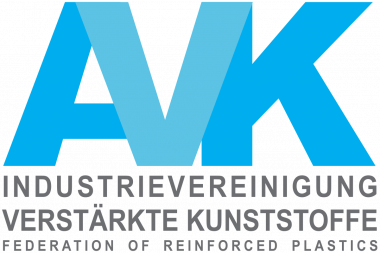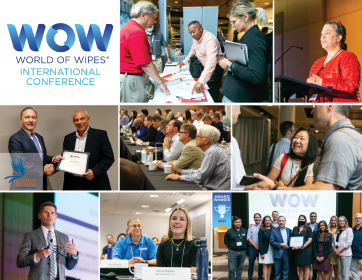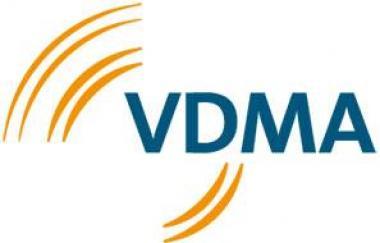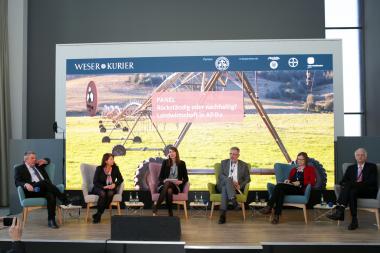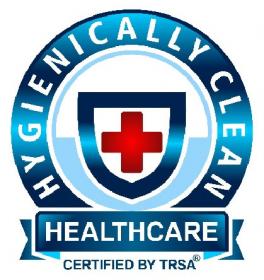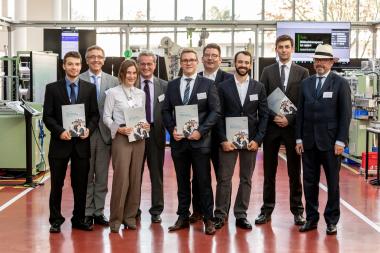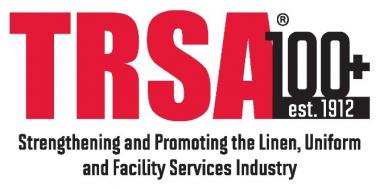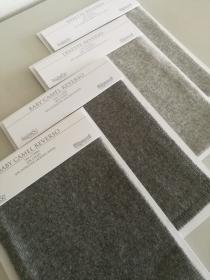AVK and SMC BMC Alliance launch SMCCreate 2022 Design Conference
The European Alliance for SMC BMC and the AVK expert task force SMC/BMC are announcing they will organize together SMCCreate 2022, a conference about design in SMC and BMC composite materials. This conference will provide valuable insights in the entire product design process from idea to part manufacturing, targeted both at experienced designers and at designers that are new in applying these versatile materials.
SMC and BMC are composite materials ideal for making light and intricate parts that combine structural performance with a smooth surface finish. For that reason, SMC and BMC are increasingly used in a broad range of end-use applications and markets.
Companies that have been using SMC and BMC solutions have a lot of expertise available, which can help designers to be more successful in bringing products to market. Therefore, the European Alliance for SMC BMC and the AVK expert task force SMC/BMC would like to organize together this design conference, allowing designers to learn from the experts, apply gained insights into their own designs, and broaden their horizon for new part developments.
Using SMC BMC in your part design
Within the time of only 1.5 day, the SMCCreate 2022 conference will cover a wide range of subjects, all relevant for designers in their selection of materials solutions that provide performance, cost efficiency, manufacturing ability and sustainability. In particular:
- How can SMC BMC help you to design great parts, bringing a combination of unique shapes and functional performance?
- How can SMC BMC help you to improve sustainability?
- What are the key steps in the design process, starting from initial idea to full production series manufacturing?
- What are the typical design challenges and solutions?
- How to best design for optimal manufacturing?
- Which are the tools available for designing in SMC BMC: design software, material data, tooling considerations?
- Practical examples of designs and components made in SMC BMC
- What’s new in the world of SMC BMC?
Date and Location
The SMCCreate 2022 Conference will be organized on April 6-7, 2022 in Antwerp (Belgium).
AVK


